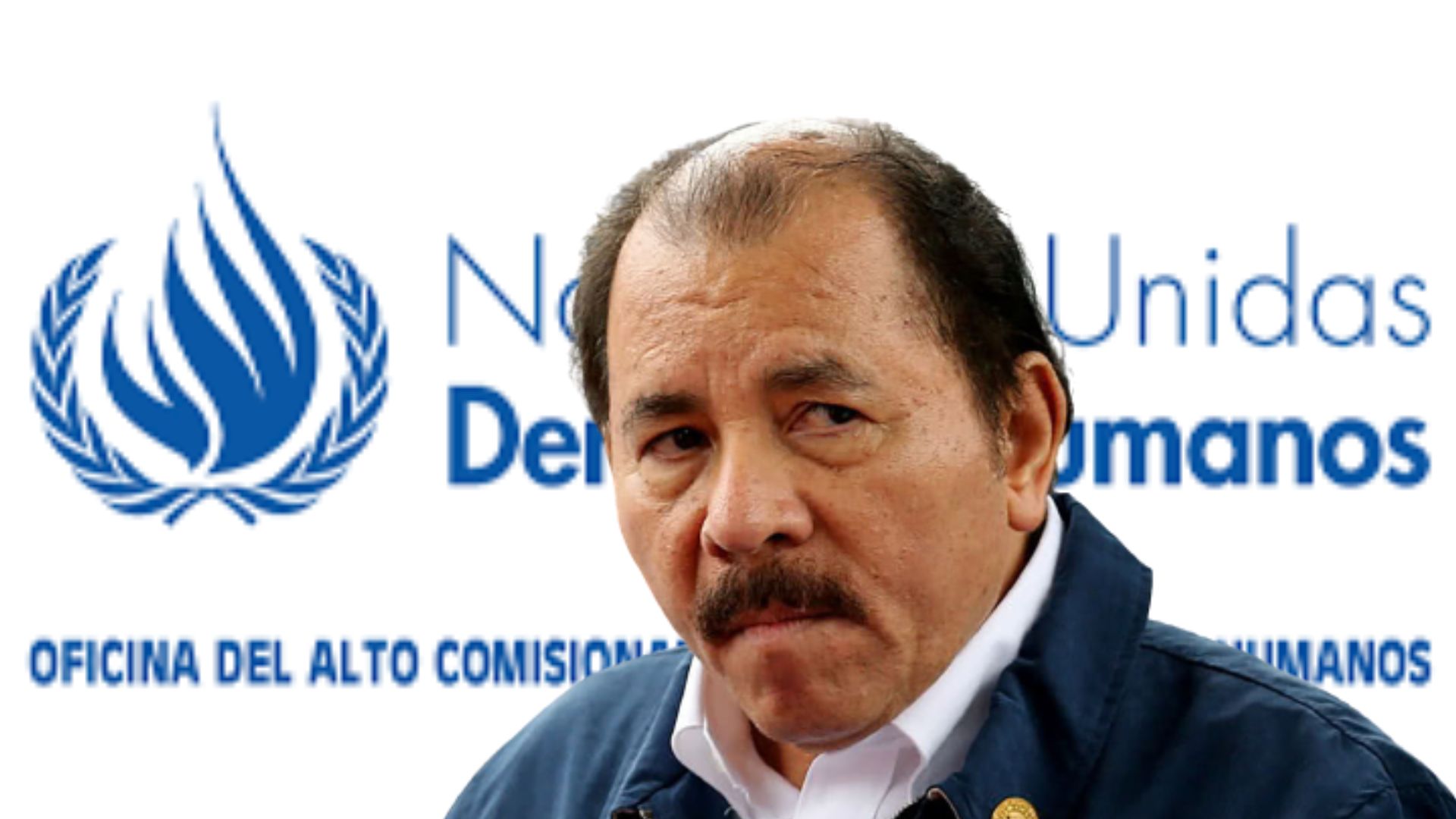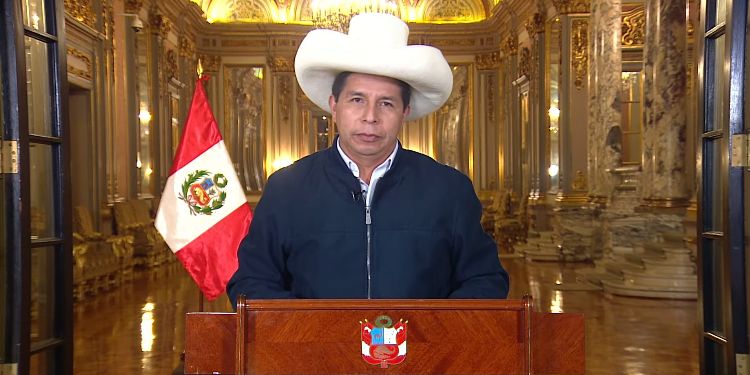Company labor specialists consider that the modification to the opinion on decent vacationallows establishing a negotiation with the workers, in which aspects such as productivity or the sector to which the company belongs are privileged, in order to reach an agreement to take the 12 days of vacation that is proposed in the Congress of the Union.
Interviewed separately, Óscar de la Vega, partner of the De la Vega & Martinez Rojas firm, maintained that the Federal Labor Law “establishes the legal minimums and it is based on collective bargaining that said benefits are increased based on the productivity of each company to its economic possibilities in order to maintain a balance between the factors of production and work”, which makes so many modifications unnecessary.
In this sense, he said that the fact of increasing benefits and/or salaries by decree “has a serious risk of having an upward impact on the serious inflation that we suffer, as well as another of the great risks is that it becomes so expensive to be an employer that the small and micro enterprises seek to evade said costs through informality”.
Meanwhile, Jaime Bustamante, partner in the labor practice of DeForest Abogados, said that “the way in which the reform was adjusted is good news for the employer sector, they are given a breather; the sector knows the needs of this modification, since there was a lag, what was always sought is that the change be made gradually, in order to reduce the impacts”.
He added that this change in the vacation daywhich now would be double, already in itself represents an important budgetary impact due to the coverage of vacations (hiring eventual) and some other financial and operational cost impacts, then the fact that it has “included that the mandatory vacation period will be of six days and the rest agreed according to the decision of both parties, will serve to reduce the impacts on costs”.
The start of this reform is thought for January 1, 2023; but it is worth noting that “not all workers will have the benefit immediately. It is applied on the first of January and is gradually adapted according to the working conditions of each employee or the periods they have established, and gradually they could enjoy their vacations according to the rights and seniority. It is not an automatic change”.








